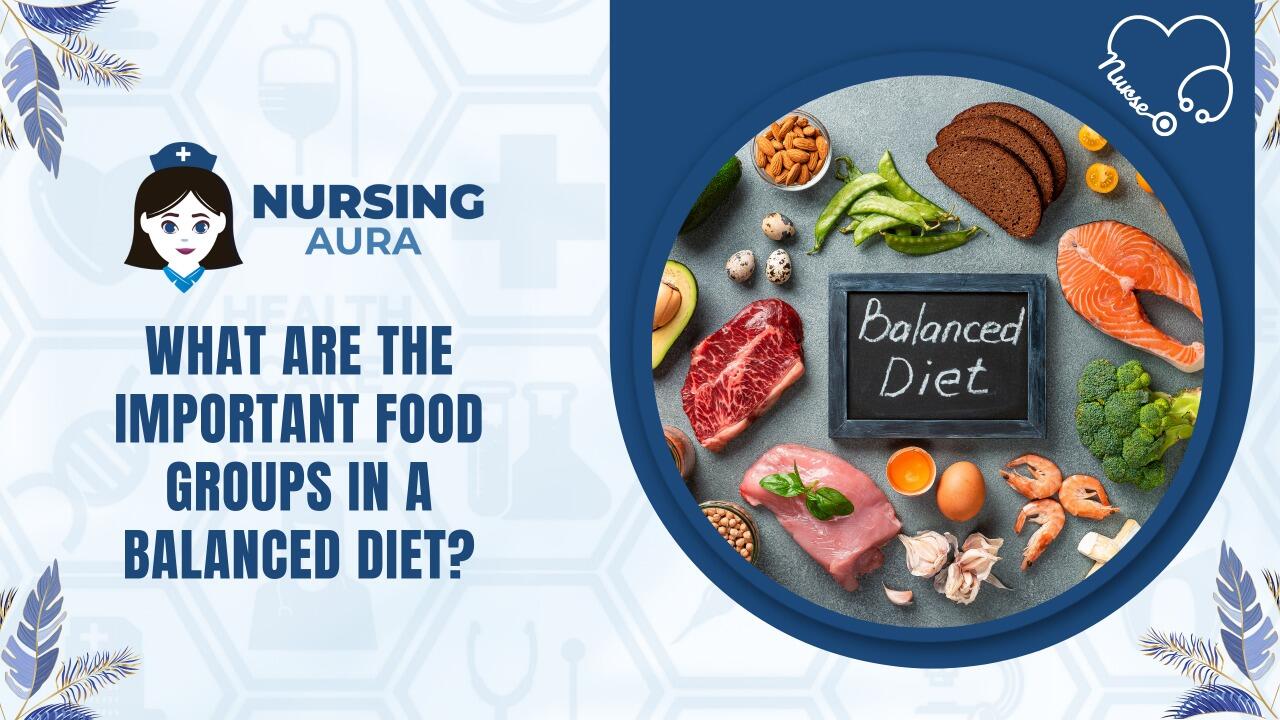For a person to live a healthy life, they must consume a diet that contains all nutrients in the proper proportions. A healthy, well-balanced diet has the proper proportions of all nutrients necessary by the body. An individual must incorporate nutrient-dense dietary types throughout and within all food groups. These include fruits, vegetables, grains, proteins, fats, and dairy products. Nutritionists advocate including these in the diet for optimal and balanced nutrition. Let’s examine each of them in depth.
Vegetables
Vegetables are accessible at the market in a wide variety of colors, flavors, tastes, and textures. These are an excellent source of vitamins, minerals & fiber and one of the important groups among food groups. Green vegetables contain additional nutrients and benefits. Included among the green veggies are broccoli, peas, spinach, and green beans, among others. Additionally, they are available in orange and red. Included among the red and orange veggies are carrots, pumpkin, and tomatoes, among others.
Included among starchy vegetables are corn, green peas, and white potatoes, among others. Other nutritious vegetables include eggplant, beetroot, cauliflower, sprouts, celery, and onions, among others. Legumes include black beans, chickpeas, kidney beans, and soybeans, among others. These legumes can also be included in the protein food category.
Fruits
The majority of individuals do not eat seasonal fruits. However, there are so many options—many citrus fruits such as oranges and grapefruits; numerous sorts of berries; tree-grown fruits such as apricots, cherries, peaches, and mangoes; and others such as figs, raisins, and pineapples.
Talking about fruits in food groups, numerous fruits include extra fiber, which aids in digestion and keeps the digestive tract healthy. Simply ensure that you thoroughly wash all fruits before consuming them. Each fruit is nutritious and useful to the body. However, 100% fruit juice is considered some fruit as well. When purchasing frozen, canned, or dried fruits from the market, be sure to select the one with the fewest added sugars.
Grains
A grain item is any food made with wheat, rye, rice, oats, cornmeal, grain, or another cereal grain. In addition to bread and chapattis, breakfast oat and corn meal are also taken into account.
Choose grains that are low in saturated fat, added sugar, and trans fat at all times. Be mindful that low-fat baked goods may include excessive amounts of added sugar.
The majority of grains consumed should be whole grains, which contain the entire grain kernel. Whole grains are rich in iron and vitamin B, and they also include fiber. Whole wheat, whole oats, whole bulgur, which is also known as cracked wheat, and whole cornmeal are examples of whole grains.
Some of the grain products are refined, which improves their texture and extends their shelf life but loses fiber and minerals. The most refined grains are enhanced, which means that certain nutrients are reintroduced after processing. Refined grain products include white flour, degermed cornmeal, white bread, and white rice, among others.
Proteins
It is essential to incorporate protein-rich foods into one’s diet. Incorporate dense proteins into your diet. Choose lean meats and poultry. Protein-containing foods include fish, eggs, beans and peas, nuts, seeds, and soy products.
The nutritionist recommends that you consume eight ounces of protein each week from a variety of fish, both for the protein content and because fish includes heart-healthy omega-3 unsaturated fats such as EPA and DHA. Salmon, shad, and trout are high in the omega-3 fatty acids EPA and DHA. These seafoods also contain less mercury, which can be harmful, than other types of fish.
Is it accurate to suggest that you are uncertain whether beans and peas are vegetables or sources of protein? If you regularly consume meat, poultry, and fish, consider incorporating them into your veggie selection. Include them in the group of protein-containing foods if you are a vegan or vegetarian, or if you solely consume meat, poultry, or fish.
Dairy
Most folks do not consume enough dairy products. For a healthy heart, it is essential to select dairy products that are low in fat or fat-free. Choosing fat-free or low-fat milk and yogurt, as well as low-fat cheddar, provides important nutrients with less fat.
Oils
Oils are calorically dense. However, they also contain vital minerals such as vitamin E. For persons over the age of 51, the daily allowance for oil is 5 teaspoons for women and 6 teaspoons for men.
When possible, you should cook with solid fats like butter rather than solid fats like margarine. Considering that you add oil to practically all recipes while cooking, it can be tough to estimate your daily oil use. However, oil is naturally significant and present in a number of dietary types.

